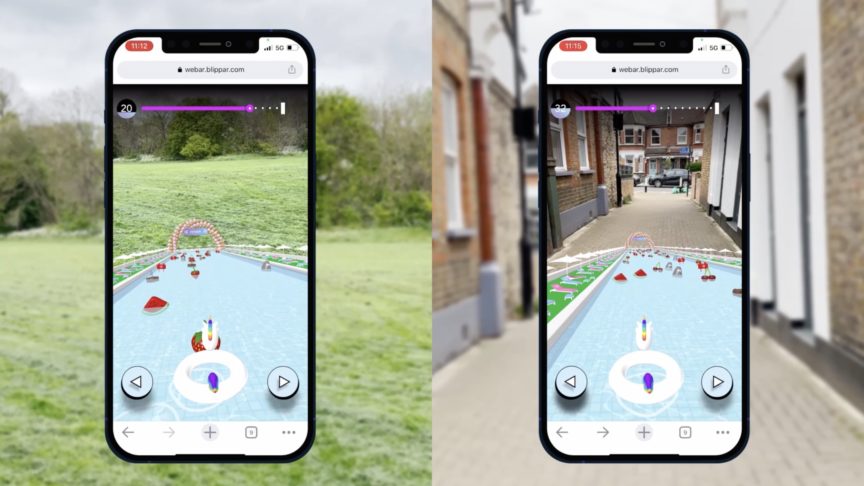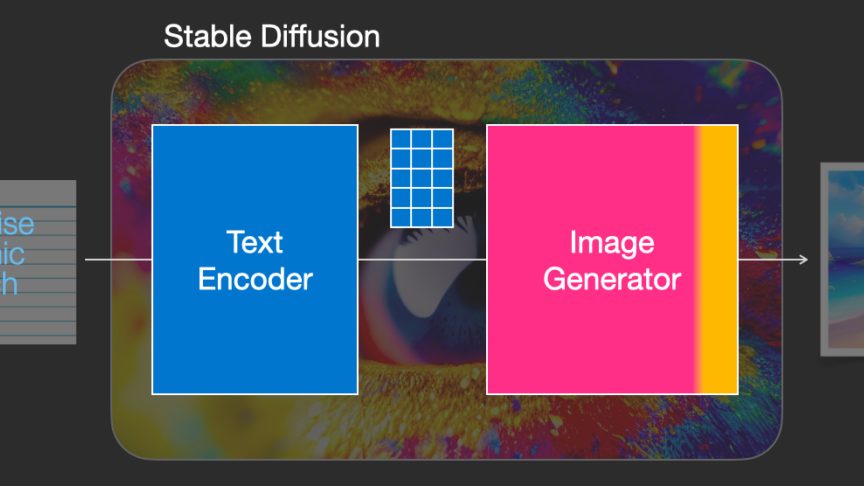Following the success of his recently published book, ‘The Metaverse: A Professional Guide’, writer and XR expert Tom Ffiske, talks us through the significance of AR and its potential in terms of the trending phenomenon that is the Metaverse.
Conversations around the Metaverse tend to ebb between absurdity and hype. Hype because it is perceived as the next spatial evolution of the internet, where we can browse experiences alongside information. And absurdity because, when reading the above, it sounds like an Asimov-esque fiction that tiptoes along the lines of fantasy. We have ideas about how the Metaverse will unfold, but beyond these insights, there is a tumultuous amount of white noise and nonsense.
The same noise drives confusion; with no central definition, professionals can interpret its vague outlines to fit their narrative. “The Metaverse will be social,” say the social experts. “The Metaverse will be great for training,” say the training experts. All potentially true, as parallel tracks along a motorway, but they are all visions that do not encompass the sheer enormity and potential of the next spatial computing platform.
What the conversation misses, and what I try to outline in my book, is that there needs to be a sense of concrete reality to base all of our discussions in. A firm base where we can debate and explore, standing tall on the terra firma of good sense. Here, augmented reality (AR) has the potential to flourish as a potential gateway of the Metaverse.
Excerpt from 'The Metaverse: A Professional Guide', 2022 — 'Blippar, a major player in the [AR] space... has done exceptionally well; having revived the company eighteen months ago, they have launched a lot of new experiences as they doubled down on their B2B model. It’s been a successful year and a bit for them, and it shows the growing strength of web-based AR experiences across multiple verticals like packaging and OOH.'
The Metaverse: A Professional Guide, 2022
But first, let’s back it up a little. When discussing this, we tend to bring together the disparate strings of AR, virtual reality (VR), and smart glasses – and they are all treated as one and the same. The confusion is understandable; the wide umbrella of immersive technologies can encompass many technological trends, but the broad strokes can be less than helpful for a genuine discussion on the Metaverse. When considering which of these works as a gateway, we need to ask ourselves one question: which is easiest to access? Which of them has the frictionless experience of a smartphone, where the barriers are so low that anyone can step over them seamlessly into a new world?
Of all three, AR is the most suitable gateway for absorbing content. Easily accessible and swift to use, any person can dip into a portable device, scan a code, and be immediately absorbed into a tailored experience. The ease of access is far, far better than a VR headset that can take time to set up, and smart glasses that will, in all likelihood, be too expensive for mass-media appeal in the short term. The gateway to the Metaverse should be wide and welcoming, allowing many to step into the new future.
Take Blippar’s work with Kelloggs, which teaches children skills via play. The games tested a range of useful skills, including hand-eye coordination, maths and science, by delivering interactive AR challenges that engage the user. The impact is significant enough to outlast the engagement time of a TV ad or most other mediums of edutainment.
Now take the same principles and expand them into the context of a Metaverse. Here, companies can own the virtual space and immerse their students further into their world, by potentially competing or exploring other elements of the brand’s story. AR already has strong perks when it comes to dwell time and engagement which other types of tech cannot match; with an immersive Metaverse, these benefits only grow more substantial. Key KPIs like dwell time and engagement will be far more prevalent than simply views.
While hypothetical, AR is a strong candidate as a gateway for the Metaverse because it outclasses other technologies in terms of engagement and access. An open and free Metaverse must be built on principles that allow anyone to reach it, without the high costs of additional hardware. Of all the immersive technologies of today, AR is the strongest candidate of the future. But for now, let’s build it together and see how far we can go.
Author
Tom Ffiske
Writer and XR expert





